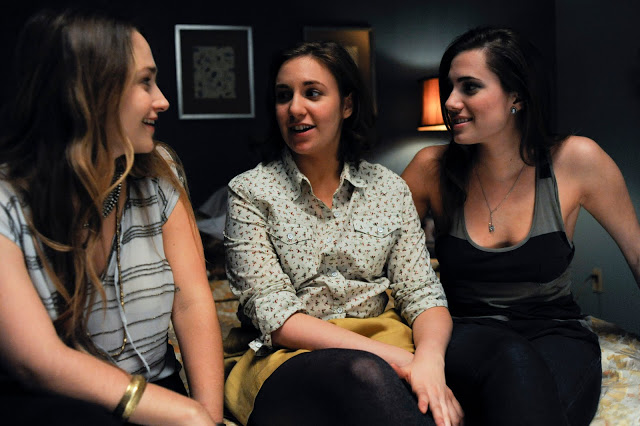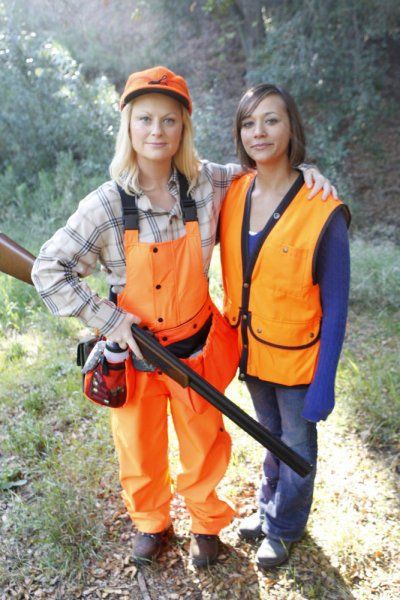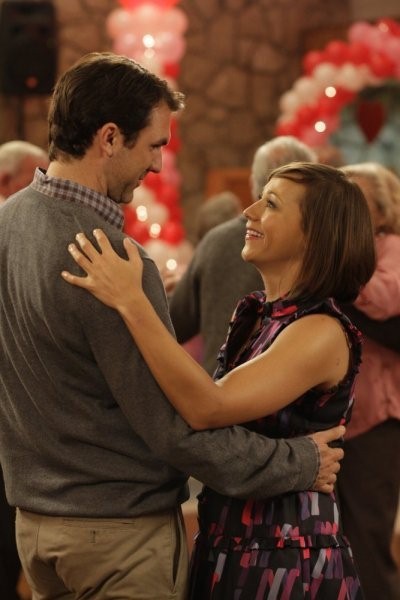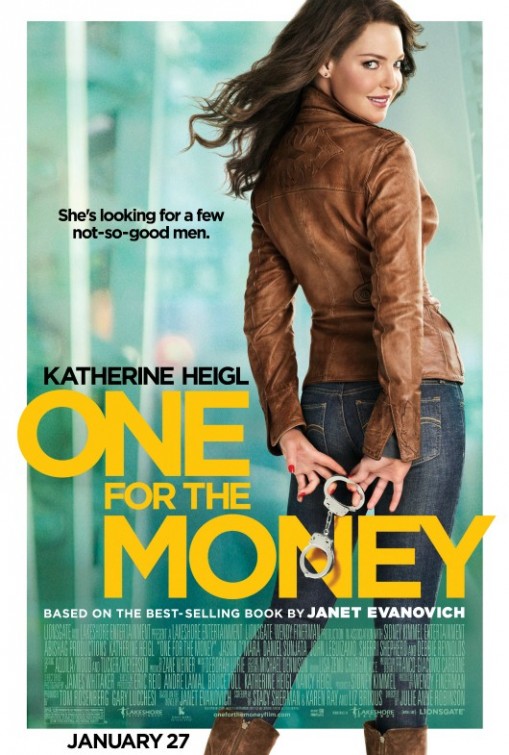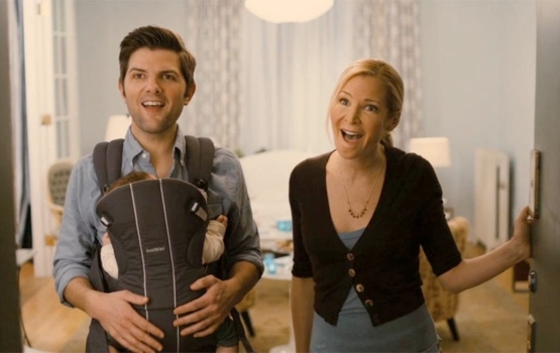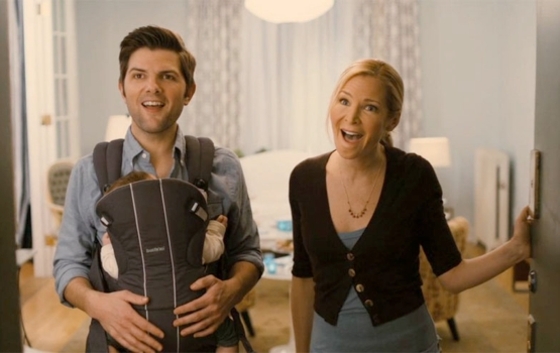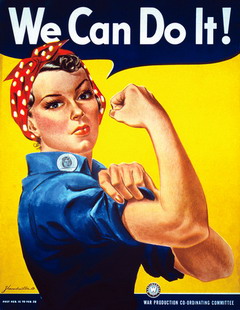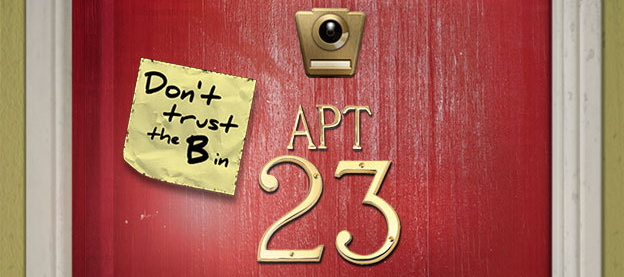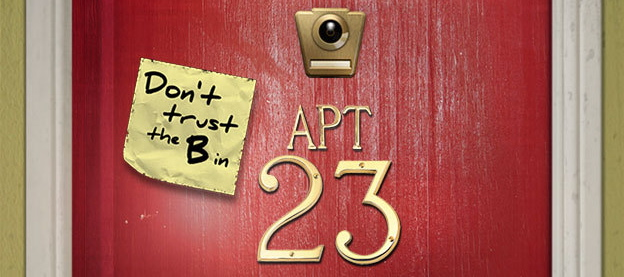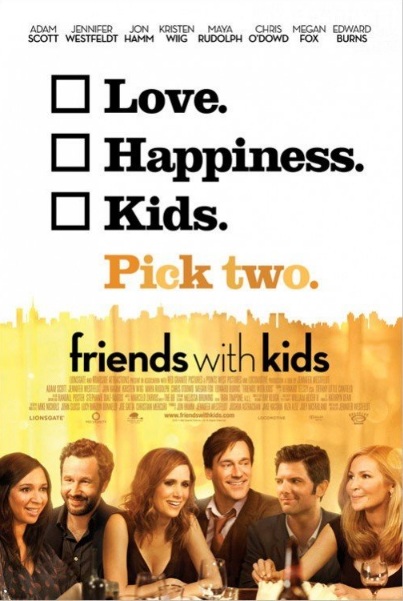You can’t be what you can’t see. That’s just one of the reasons we need more women filmmakers and more diverse portrayals of complex women on-screen. At this year’s Oscars, actor Gabby Sidibe astutely declared:
“The way I watch movies, I’m really searching for myself because I don’t get to see enough of myself and I don’t, I kind of don’t get to like myself enough. But if I can see myself on-screen then I know I exist.”
We need to see a greater representation of women, especially women of color, queer women and trans women. Women’s history doesn’t exist separately. Yet media often writes women out of history.
Today marks International Women’s Day, a day to celebrate women’s achievements economically, politically and socially as well as to reflect on what still needs to improve. Too often, women and their stories are somehow seen as lesser than men’s: less important, less noble, less substantial. We must stop undermining their experiences and lives. So today, let’s celebrate all of the wonderful accomplishments women have achieved. Let’s embrace the stories and experiences of women…of our mothers, sisters, daughters, grandmothers, friends…and ourselves.
Later this month, Bitch Flicks is publishing a series on Women in Biopics and Documentaries. So here are just a few films honoring the many women who inspire and blaze trails:
1. Pray the Devil Back to Hell – Last month, three women won the Nobel Peace Prize, including activist and social worker Leymah Gbowee and President Ellen Johnson Sirleaf (along with Tawakkul Karman in Yemen) who fought for women’s rights and helped achieve peace in war-torn Liberia. Director Gini Reticker and producer Abigail E. Disney, chronicles their battle for peace in their Tribeca Film Fesitval-winning documentary. Pray the Devil Back to Hell tells the powerful and uplifting story of the Liberian women who joined together and peacefully protested, helping end the civil war ravaging their country. Their activism should inspire us all to realize we can each create change.
2. Iron Jawed Angels – One of my absolute fave films, Iron Jawed Angels tells the powerful true story of indomitable activists Alice Paul (played spectacularly by Hillary Swank) and Lucy Burns (Frances O’Connor) and the fight for women’s suffrage. Director Katja von Garnier showcases their tireless struggle, from protesting in the freezing cold outside the White House to arrest and force feedings in prison. My only complaint? While Ida B. Wells is in the film, it only touches upon how many white women didn’t want African-American women to participate as well as diminishing the role African American women played. An amazing film about the women who refused to give up until they won equality and “revolutionized the American feminist movement.”
3. Miss Representation – Challenging sexist stereotypes, warped beauty standards and misogynistic imagery, the documentary “explores how the media’s misrepresentation of women has led to the underrepresentation of women in positions of power and influence.” An eye-opening look at the power of the media and the toxic messages it too often sends to women and girls. A labor of love written, directed and produced by Jennifer Siebel Newsom. Miss Representation will forever change the way you view films, TV shows, advertisements and the news.
4. Chisholm ‘72: Unbought and Unbossed – Feminist icon Shirley Chisholm became the first black woman elected to Congress in 1968, serving from 1969 to 1983. In 1972, she became the first black woman to run for president and the first woman to run for the Democratic presidential nomination. A dynamic powerhouse, she tirelessly advocated for inner city residents, children and healthcare. Directed and produced by Shola Lynch, Chisholm ‘72: Unbought and Unbossed chronicles Congresswoman Chisholm’s passionate and trailblazing campaign. She may not have won the presidency but she continues to inspire generations of women.
5. Off the Rez – This documentary tells the story of Shoni Schimmel, a high school basketball phenom living on the Umatilla Indian Reservation. When Shoni’s mother Ceci, a strong and powerful woman, gets a job coaching a basketball team in Portland, Oregon, Ceci and her 7 children move. Exhilarating to watch, Shoni’s basketball skills transcend athletics, becoming art. Balancing her goals and her familial ties, it’s inspiring to see this young Native American woman represent her community both on and off the court.
6. The Whistleblower – Starring Rachel Weisz as Kathryn Bolkovac, a UN peacekeeper in Bosnia, “this gripping expose” reveals the harrowing plight one woman risking her life to combat human trafficking. Directed by Larysa Kondracki, the film depicts Bolkovac’s struggle to save women trafficked and uncover the truth amidst widespread corruption. Powerful and disturbing, The Whistleblower will haunt you long after it ends.
7. My Mic Sounds Nice: A True Story of Women and Hip Hop – A BET documentary, director Ava DuVernay “explores the demise of the female MC in today’s music.” Consisting of interviews with Missy Elliott, Trina, Eve and Salt-n-Pepa, the interesting and thought-provoking film celebrates and gives voice to black female musicians navigating the terrain of male-dominated hip-hop.
8. War Redefined – The 5th and final installment in Women, War & Peace (WWP), War Redefined is the capstone of the groundbreaking series featuring politicians, military personnel, scholars and activists discussing how women play a vital role in war and peace-keeping. Narrated by actor Geena Davis, a phenomenal gender media activist, this powerful film threads stories told in the other parts of the series: Bosnian women surviving rape camps, Liberian women protesting peace, Afghan women demanding their rights in negotiations and Afro-Colombian women contending with internal displacement. War Redefined, and the entire WWP series, challenges the assumption that war and peace belong to men’s domain.
9. !Women Art Revolution – A stunning and visionary documentary 40 years in the making, !Women Art Revolution, chronicles the convergence of feminism and art, fueled by anti-war and civil rights protests and the inception of the Feminist Art Movement in the 60s. Director Lynn Hershman Leeson, a performance artist and filmmaker, combines “intimate” interviews along with visceral visual images of paintings, performance art, installation art, murals and photography. The documentary depicts how women activists have fought to express their vision and have their voices heard in the art scene.
10. Gloria: In Her Own Words – Feminist icon Gloria Steinem lays her life out in this documentary: her triumphs, accomplishments, woes and heartbreak. She speaks candidly about fighting for reproductive justice, her own abortion, her journalism career, facing sexual harassment, rallying for equality and the feminist movement. I didn’t think it was possible to be even more inspired by Steinem than I already was…but I am.
11. Pariah – My pick for the best 2011 film, Pariah won the Independent Spirit Award for the John Cassavetes Award and the NAACP Image Award for Outstanding Independent Film. Written and directed by Dee Rees and produced by Nekisa Cooper, tells the story of Alike (Adepero Oduye), a young black lesbian in Brooklyn. An exquisitely beautiful coming-of-age film about a woman discovering her sexuality and asserting her identity. We so rarely see positive portrayals of black women and queer women on-screen. Pariah broke my heart with its beauty and uplifted my soul. Yeah, it’s seriously that amazing.
What films inspire you??

